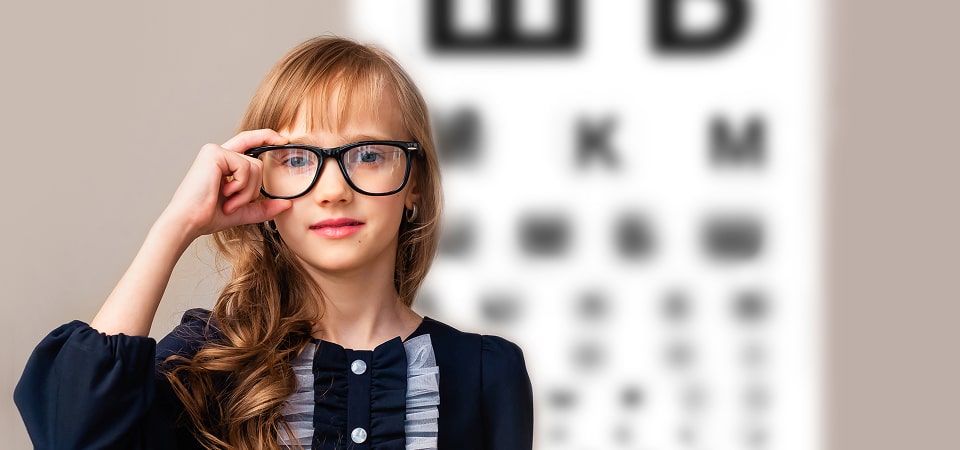
Myopia Control
Can you read the tiniest text on your phone but the street sign across the road looks like a Monet masterpiece? That’s myopia – better known as nearsightedness.
It’s a common condition that happens when the eye grows too long, making distant objects look like a blurry mess. Glasses (or contacts) can help bring the world back into focus.
Myopia, commonly known as nearsightedness, is a refractive error of the eye where close objects appear clearly, but distant objects appear blurry. Myopia is a growing concern worldwide, with its prevalence increasing significantly in recent years, especially among younger populations. Myopia control refers to various strategies aimed at slowing down the progression of myopia, particularly in children and adolescents, to reduce the risk of high myopia and associated eye health complications later in life.
Understanding Myopia Progression:
Myopia typically develops during childhood and adolescence and tends to progress until the mid to late teenage years when the eye stops growing. Factors such as
genetics, prolonged near work (e.g., reading, computer use), lack of outdoor activities, and environmental factors play a role in the onset and progression of myopia.
Myopia Control Treatments:
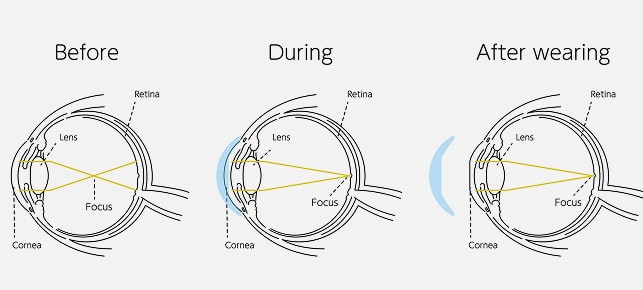
Orthokeratology (Ortho-K)
- Ortho-K involves wearing specially designed rigid gas permeable contact lenses overnight. These lenses reshape the cornea while sleeping, providing temporary correction of myopia during the day.
- Studies have shown that Ortho-K can effectively slow down the progression of myopia in children.
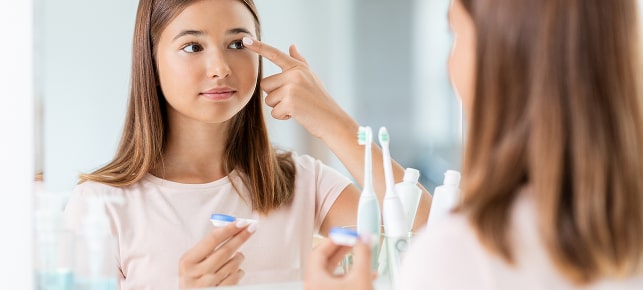
Soft Multifocal Contact Lenses
- Soft multifocal contact lenses have different zones for near, intermediate, and distance vision. They work by manipulating the peripheral defocus in the eye, which may help slow down myopia progression.
- These lenses are worn during the day and are suitable for children who can handle contact lens wear.
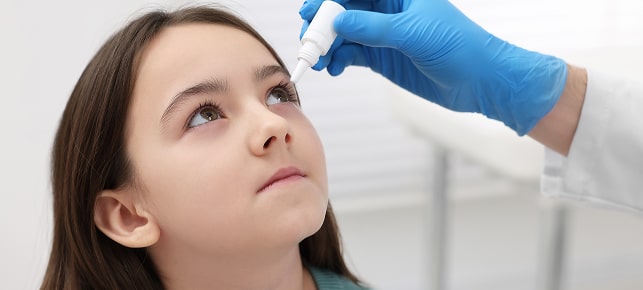
Atropine Eye Drops
- Atropine is a medication that dilates the pupil and temporarily relaxes the focusing mechanism of the eye.
- Low-dose atropine eye drops have been shown to effectively slow down myopia progression with minimal side effects. They are typically prescribed for nightly use.
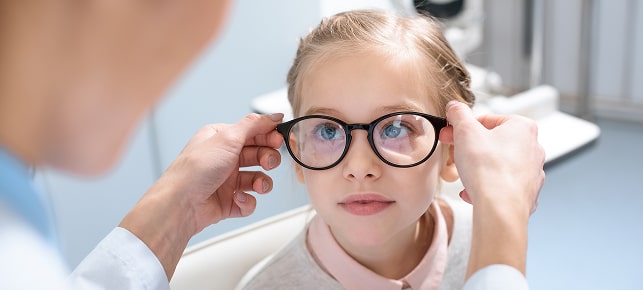
Peripheral Defocus Control Glasses
- These glasses are designed to correct central vision while intentionally creating peripheral defocus. By manipulating the peripheral retinal image, these glasses aim to slow down myopia progression.
- However, their effectiveness may vary among individuals.

Increased Outdoor Time:
- Spending more time outdoors, especially during daylight hours, has been associated with a reduced risk of myopia development and progression.
- Encouraging children to engage in outdoor activities may help in myopia control.
- Monitoring and Management: Regular eye examinations are essential for monitoring myopia progression and adjusting treatment strategies accordingly. It’s crucial to work closely with an eye care professional to determine the most suitable myopia control approach for each individual based on factors such as age, severity of myopia, lifestyle, and ocular health.
Our Myopia Control experts

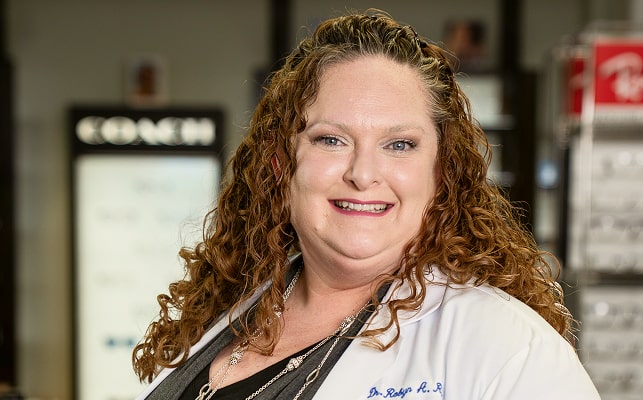
Dr. Robyn Russell
